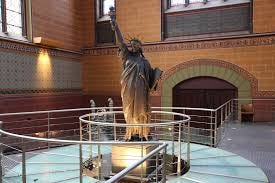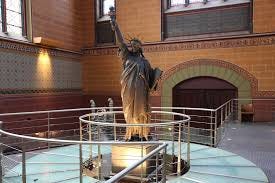At Montana Classical College, when in unknown waters, we tend toward the maxim that “the ancestral is best.” In order to test this noble hypothesis, we will be offering a course on modern liberty. We will focus on how it has undergone significant conceptual changes each of which presuppose very different things about human nature and political life.
We’ll begin with Benjamin Constant and explore the sharp break between how the ancients understood liberty and how the moderns understand liberty. This contrast will help put the modern project into relief. We then turn to Isaiah Berlin and his illuminating account of the difference between the older classical liberal idea of negative freedom or “freedom from” and the newer more progressive view of positive freedom or “freedom to.” You could say that the former is something like the American Founder’s view whereas the latter flows out of progressive reforms. We will then consider Strauss’s essay on Berlin which turns to the question of whether or not the unspecified ends of liberal rights imply sort of confused or hazy relativism. He then points toward the deeper philosophical roots of more powerful relativistic arguments. We end with David Sidorsky and his argument that identity politics represents a transformation that cannot be fully understood on the basis of Berlin’s account of positive liberty. Along the way we will try to understand if or to what extent we can return to earlier understandings. Can the Founder’s view of rights be recovered? Or could we return all the way to the liberty of Athens? And if not, why not? If we cannot return, then how can we go forward toward something better?
Phocaean Dionysius will be joining me for each of these sessions. He has spent much more time studying Thomas Hobbes and John Locke, so his keen knowledge of the origins of liberalism will be of great assistance as we trace the development and transformation of liberalism.
Links to available lectures:
On Benjamin Constant’s “The Liberty of the Ancients as Compared to that of the Moderns”
On Isaiah Berlin’s “Two Concepts of Liberty”
On David Sidorsky’s “A Third Concept of Liberty and the Politics of Identity”




